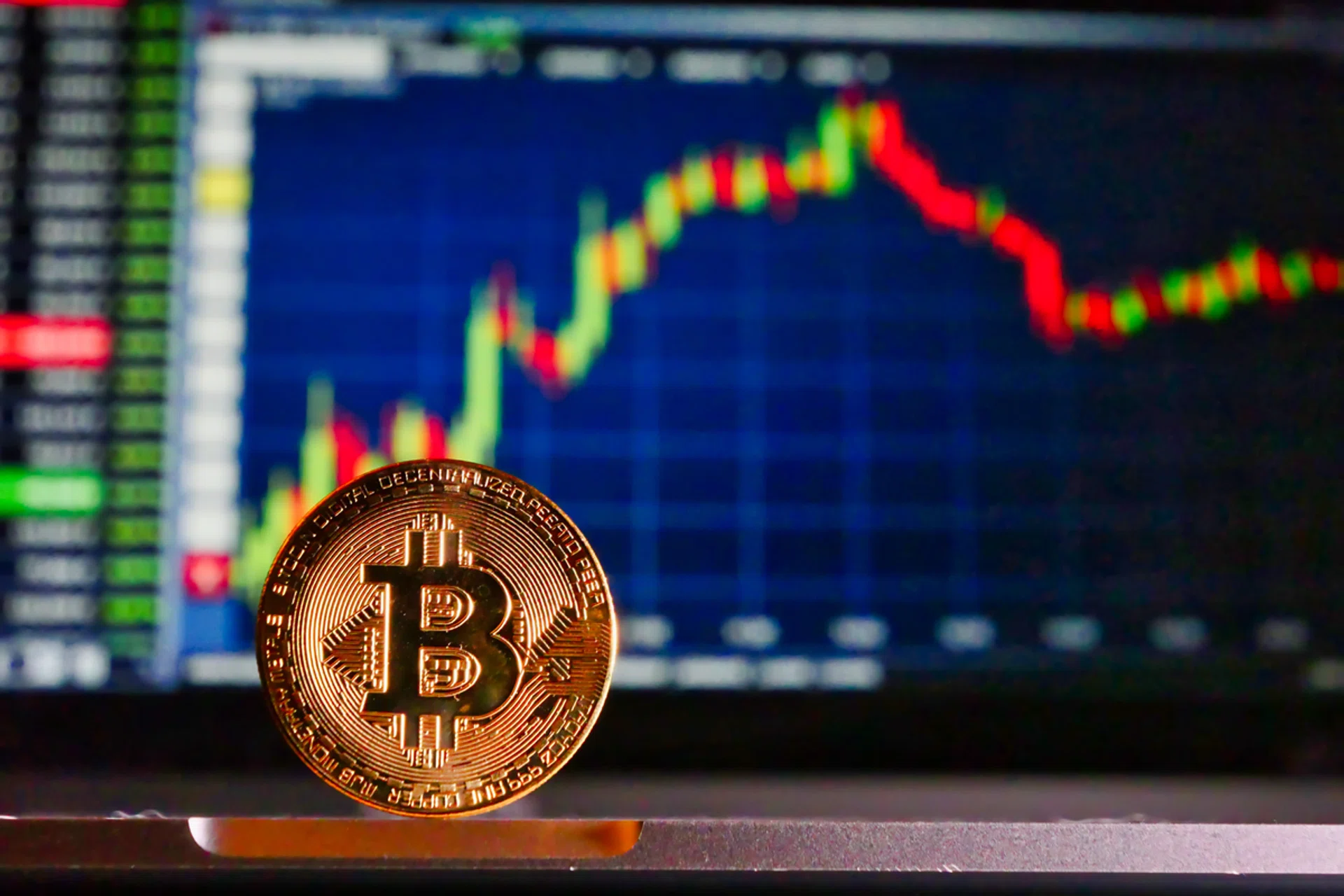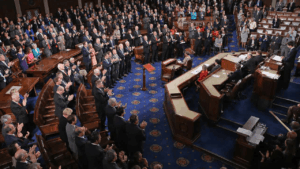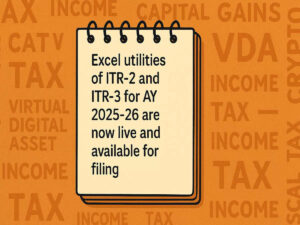Vietnam’s Crypto Legalization: Hopes Rise Amid Tough Draft Regulations

Vietnam’s New Crypto Regulations: A Double-Edged Sword for Innovation
Vietnam’s Historic Move to Recognize Digital Assets
Earlier this month, Vietnam made a significant advancement by officially recognizing digital assets, a development that crypto entrepreneur Tran Huy Vu views as a long-awaited milestone. This change is seen as a positive step for local businesses eager to tap into the rapidly expanding domestic crypto market.
Concerns Over Draft Regulations
However, Vu’s initial excitement was soon overshadowed by apprehensions regarding a separate set of draft regulations aimed at Vietnam’s nascent crypto asset market. He worries that these proposed rules could hinder innovation and introduce legal ambiguities for companies like his, Kyber Network. Vu expressed his concerns, stating that the current regulations are ambiguous and impose broad restrictions, leaving global service providers uncertain about compliance requirements.
Vietnam’s Regulatory Landscape
Despite having a dynamic crypto ecosystem, Vietnam is currently on the Financial Action Task Force’s grey list due to shortcomings in its anti-money laundering and counter-terrorism financing frameworks. This includes a lack of regulatory measures for virtual assets and their service providers. In response, the Vietnamese government has taken decisive action over the past two years, including:
- Enacting a new law to regulate various digital technologies, including crypto assets.
- Proposing a draft resolution that mandates licensing and compliance for crypto platforms.
- Issuing a draft decree outlining penalties for violations in the crypto sector.
Draft Regulations Reshape the Crypto Market
The finance ministry is developing a draft resolution that is expected to be approved this year, which will restrict operations to centralized service providers. These entities will be required to obtain licenses and meet stringent conditions, including a minimum charter capital of 10 trillion dong (approximately S$492.5 million). This requirement is higher than that of some Vietnamese banks, as regulators expect licensed crypto firms to match the combined size of the country’s two stock exchanges and its central securities depository.
To ensure stability, at least 65% of the charter capital must come from institutional investors, with a minimum of 35% contributed by two institutions such as banks or securities firms.
Restrictions on Foreign Players
Under the proposed policy, foreign companies can only provide crypto-related services in Vietnam through licensed domestic organizations. Vietnamese crypto holders will also need to open accounts with these registered entities to store and trade their digital assets, while all other crypto transactions outside these platforms will be considered illegal.
Additionally, a separate draft decree outlines fines of up to two billion dong for violations, including operating unlicensed trading platforms or circumventing authorized entities.
Global Exchanges Face Uncertainty
Currently, Binance stands as the largest centralized crypto exchange utilized by Vietnamese investors, with trading volumes ranking among the top ten on the platform. Vietnam accounted for 6.8% of Binance’s global traffic in May 2025, trailing only South Korea. Binance has not disclosed whether it will partner with local firms to continue operations in Vietnam or withdraw due to stricter regulations. The company emphasizes the importance of clear regulatory frameworks for fostering innovation and protecting users.
Without regulatory clarity, smaller international players like Kyber Network also face challenging decisions. Kyber Network operates a decentralized exchange aggregator, KyberSwap, which enables users to swap tokens across various blockchains. The platform serves around 300,000 active users monthly and has offices in Singapore, Hanoi, and Ho Chi Minh City. While its tech team is primarily based in Vietnam, Kyber Network is incorporated in the British Virgin Islands to benefit from a more favorable regulatory environment.
Challenges for Startups
The requirement for 10 trillion dong in charter capital may deter foreign exchanges from applying for licenses. Vietnam is recognized as one of Asia’s leading crypto markets, with an estimated transaction volume exceeding US$100 billion between July 2023 and June 2024. Approximately 21 million Vietnamese, or one in five people, owned cryptocurrencies as of 2023, compared to only about 10 million accounts on traditional stock exchanges.
Phan Duc Trung, chairman of the Vietnam Blockchain Association, raised concerns about the feasibility of newly licensed crypto exchanges, especially if regulations are overly stringent. He emphasized the need for regulators to classify crypto assets clearly to avoid confusion.
Pushback from the Blockchain Community
Recently, Endeavor Vietnam, representing six blockchain firms, including Sky Mavis, the creator of Axie Infinity, submitted a joint petition to the government expressing concerns over the draft regulations. The group urged regulators to exclude technology development and technical service provision from compliance requirements, as these activities do not involve financial transactions and pose no risk to the financial system.
The petition highlighted the lack of clear boundaries in the draft resolution, which could lead to a brain drain and hinder Vietnam’s competitiveness in blockchain technology development. Market observers warn that the proposed regulations could stifle innovation and deter new entrants in the sector.
Vietnam hosts numerous crypto and blockchain firms, with many technologists actively participating in both domestic and international markets. However, many of these startups lack the financial resources to meet the high capital requirements for licensing. If the legislation becomes overly restrictive, it could force crypto service providers to relocate their operations abroad, limiting access for Vietnamese users and potentially stifling the market’s growth.







